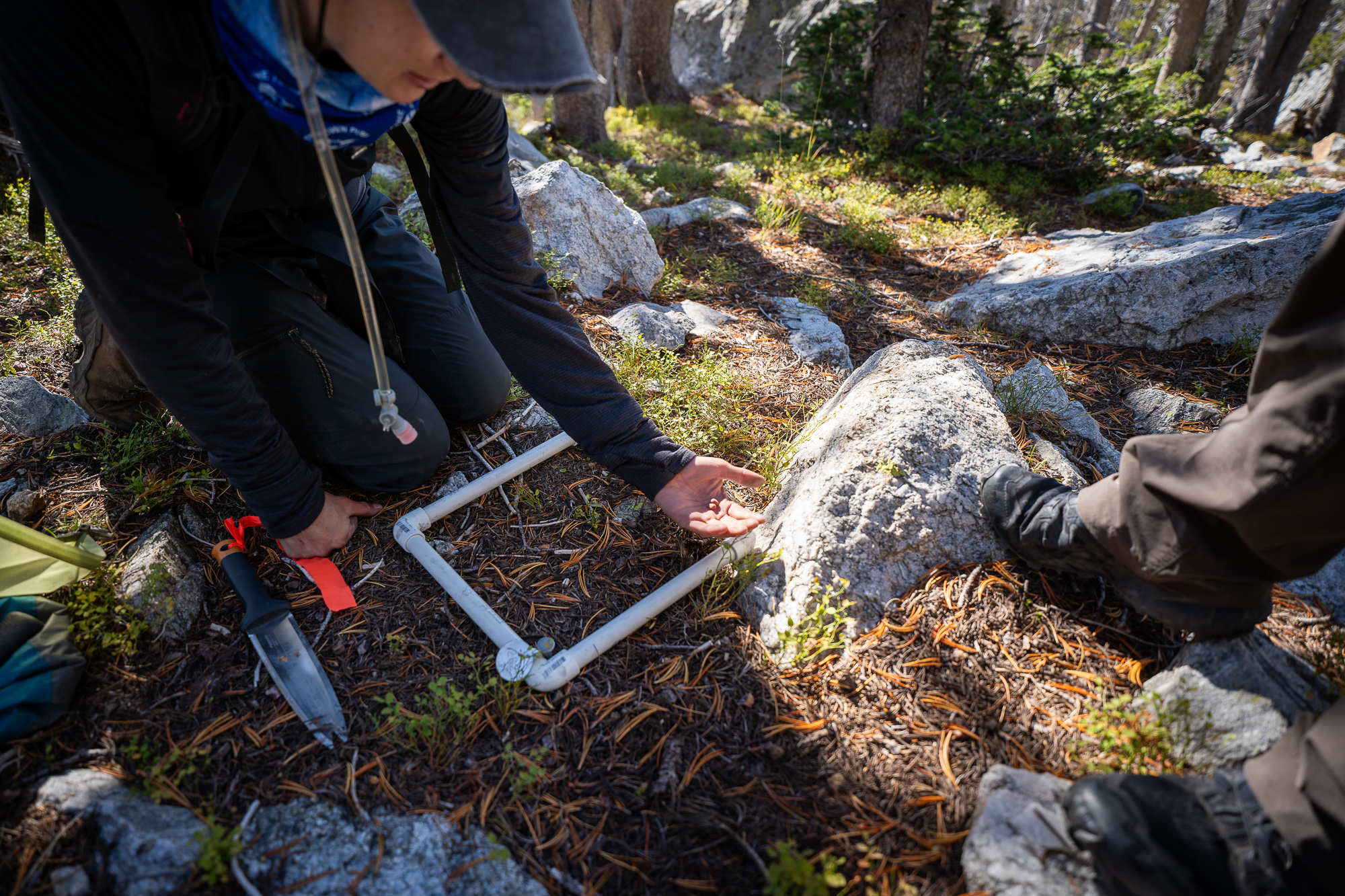News Release

NPS Photo/C. Adams
|
Subscribe
|
Contact: Valerie Gohlke, 307-739-3393
Contact: C.J. Adams, 307-739-3431
WASHINGTON (Sept. 26, 2023) – The National Park Service (NPS) and American Forests have signed a five-year agreement to help return threatened whitebark pine to its range in the western U.S. As part of President Biden’s Investing in America agenda, the partnership will support restoration activities in national parks where whitebark pine grows. Initial projects in Yellowstone, Glacier and Grand Teton National Parks are part of $44 million in funding from the Inflation Reduction Act, the largest climate and conservation investment in history.
Through the Investing in America agenda, the Department of the Interior is implementing more than $2 billion in investments to restore our nation’s lands and waters and advance the America the Beautiful initiative to restore and conserve 30% of lands and waters by 2030. To guide these historic investments, the Department released a restoration and resilience framework to support coordination across agency restoration and resiliency programs and drive transformational outcomes. This includes a commitment to the National Seed Strategy, which aims to foster interagency and public-private collaboration to increase the supply of native seeds available for timely and effective restoration.
Listed as threatened under the Endangered Species Act in December 2022, whitebark pine is a keystone species that is vital to many high-elevation ecosystems in North America. Its seeds are a high-calorie food source for more than 19 animal species, including Clark’s nutcrackers and grizzly bears. Additionally, whitebark pine forests are vital to the health of streams and rivers – regulating the flow of snowmelt that supplies downstream watersheds.
“The National Seed Strategy spotlights how successful native plant restoration starts with having access to the rights seeds,” said NPS Director Chuck Sams. “Our agreement with American Forests will enable the collection of seeds from drought and disease resistant whitebark pines and ultimately help us to restore these trees in national parks.”
Whitebark pine numbers have been rapidly declining due to disease, pests and climate change. It is estimated that more than 325 million whitebark pine have been lost across their range. White pine blister rust, an invasive fungal disease that forms deadly cankers, is among the greatest threats to the high-elevation conifer.
American Forests is working with NPS to identify and implement projects guided by the National Whitebark Pine Restoration Plan – a science-informed strategy that identifies core restoration areas and actions needed to conserve whitebark pine. The plan, which will be released in fall 2023, was developed in partnership by American Forests with the Whitebark Pine Ecosystem Foundation, the U.S Department of Agriculture’s Forest Service, Department bureaus including the Bureau of Land Management and National Park Service, and numerous Tribal land managers.
“This agreement is a pivotal step toward preserving the biodiversity and health of whitebark pine and its vital ecosystems,” said Brian Kittler, forest restoration lead with American Forests. “National parks are not just places to be enjoyed for their beauty and history, they also harbor vital habitat for the whitebark pine and other species in decline. Together, American Forests and the National Park Service are advancing the state of the science for conserving this life-giving tree.”
In Yellowstone, Glacier and Grand Teton National Parks, American Forests is collaborating with land managers to pioneer direct seeding trials. The method, which involves planting seeds directly into the ground, as opposed to planting seedlings grown in greenhouses, may offer a low-impact and cost-effective alternative to restore whitebark pine in remote locations.
American Forests is also partnering with Yosemite, Kings Canyon and Sequoia National Parks to identify and harvest cones from drought and disease-resistant whitebark pine trees. Seeds from resistant parent trees will be screened and cultivated to grow the next generation of climate-resilient forests in California.
The agreement will support future projects to come, as American Forests and national parks throughout the western U.S. continue to identify restoration opportunities.
To learn more about national efforts to protect and restore whitebark pine, visit SavetheWhitebarkPine.org.
###
About American Forests: American Forests is the first national nonprofit conservation organization created in the U.S. Since its founding in 1875, the organization has been the pathfinders for the forest conservation movement. Its mission is to create healthy and resilient forests, from cities to large natural landscapes, that deliver essential benefits for climate, people, water and wildlife. The organization advances its mission through forestry, innovation, place-based partnerships to plant and restore forests, and movement building. For more information visit: www.americanforests.org.
About the National Park Service: More than 20,000 National Park Service employees care for America's 425 national parks and work with communities across the nation to help preserve local history and create close-to-home recreational opportunities. Learn more at www.nps.gov, and on Facebook, Instagram, Twitter, and YouTube.
Last updated: September 27, 2023
